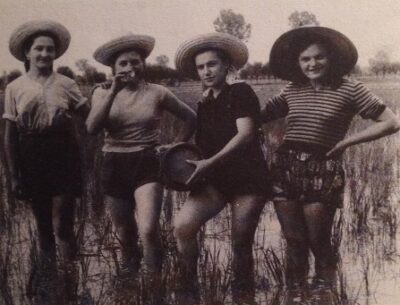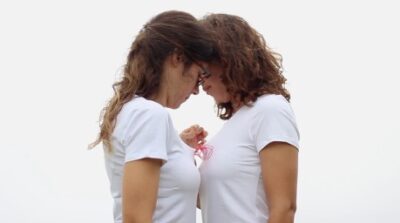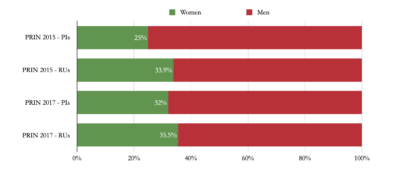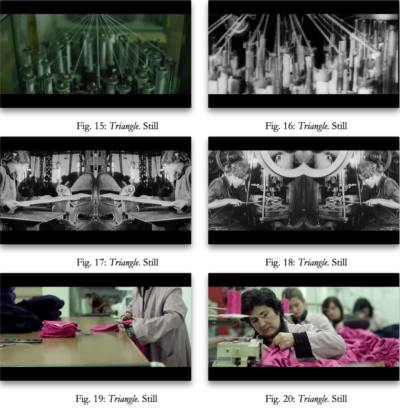4.Riding the Stock Car to Sleep in the Stables: Migrant Agricultural Labor and Songs of Rebellion
by Diana Garvin
Under Mussolini’s dictatorship, both the physical abuses of a misogynist state and the political power of female friendship were written in the sensory details of agricultural workers’ everyday lives. This article uses archival and melodic evidence from the sensorial world of interwar Italy to explore four interlinked case studies, ultimately revealing what is at stake in women’s work songs. First, written testimonials and transcriptions from oral interviews show that, for many mondine,





